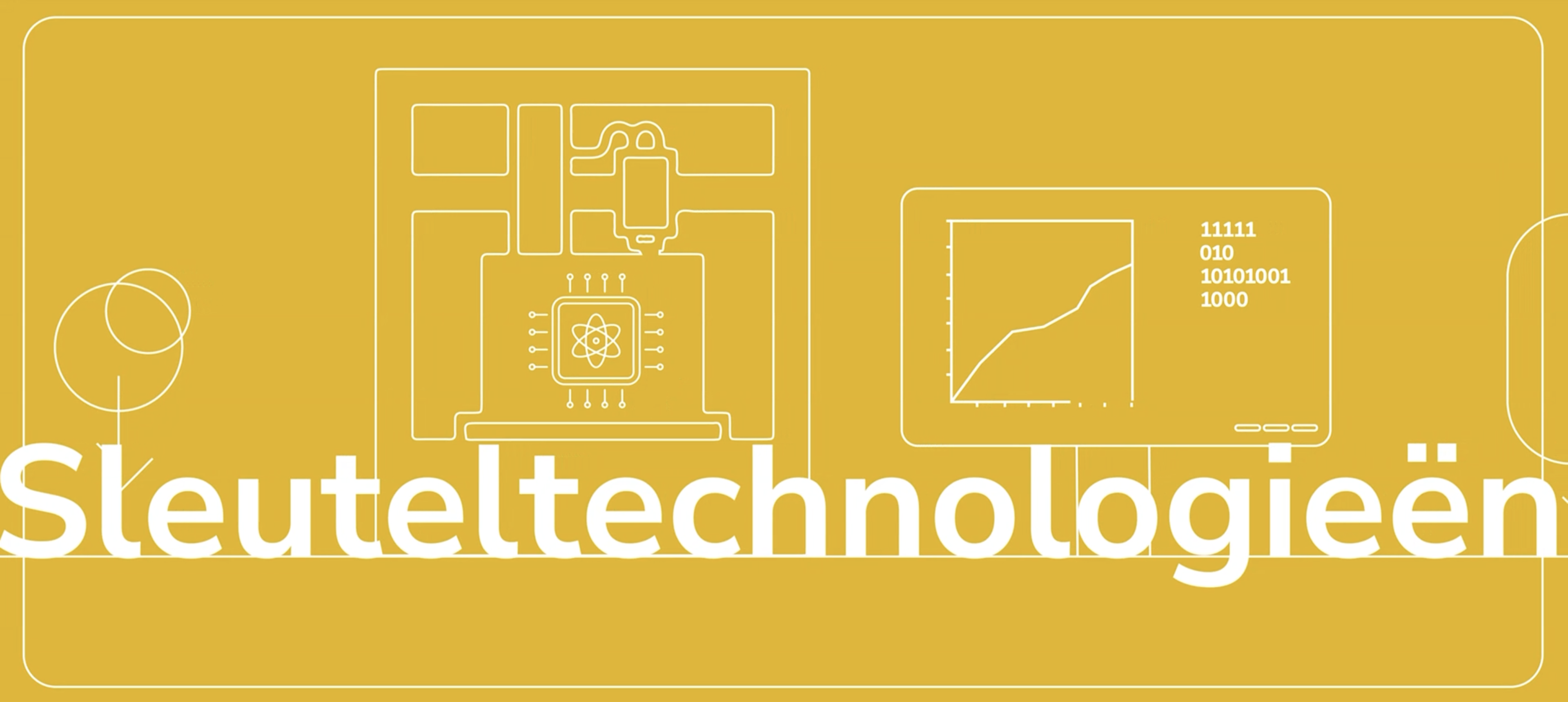Key enabling technologies are not just important for the sustainable revenue model in our economy. They are also relevant for the major societal challenges faced by our nation. Here, too, we play a crucial role with our high-tech sector. Because the high-tech industry has the knowledge and ability to develop and commercially exploit key enabling technologies for societal challenges. If we truly wish to make impact with regard to these challenges, then economy of scale is a must. We can only achieve economies of scale if the solutions are economically viable. Therefore, key enabling technologies for societal challenges offer the high-tech industry the opportunity to generate significant sales from these new value chains (TNO white paper: 'High-tech industry 2040').
The importance of key enabling technologies goes much further than sustainable revenue models and societal challenges. Consider the strategic autonomy of Europe. This is of increasing importance to the Netherlands now geopolitics have shifted considerably. If we lead in technological developments, we prevent the most advanced technologies no longer being available to us. Or what about developments that are delayed due to raw material shortages. The government is consequently developing a National Technology Strategy, in which a number of key enabling technologies have been given priority status. Europe, too, develops increasingly more policy from a strategic perspective concerning key enabling technologies, such as artificial intelligence (see the Artificial Intelligence Act) and semi-conductor technology (see the European Chips Act). The government is consequently developing a National Technology Strategy, in which a number of key enabling technologies have been given priority status. Europe, too, develops increasingly more policy from a strategic perspective concerning key enabling technologies, such as artificial intelligence (see the Artificial Intelligence Act) and semi-conductor technology (see the European Chips Act).


